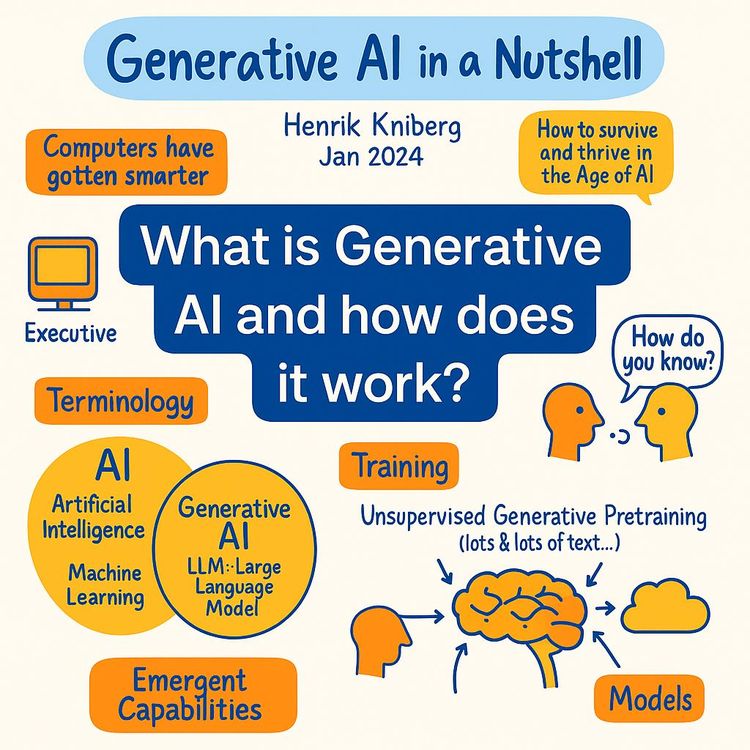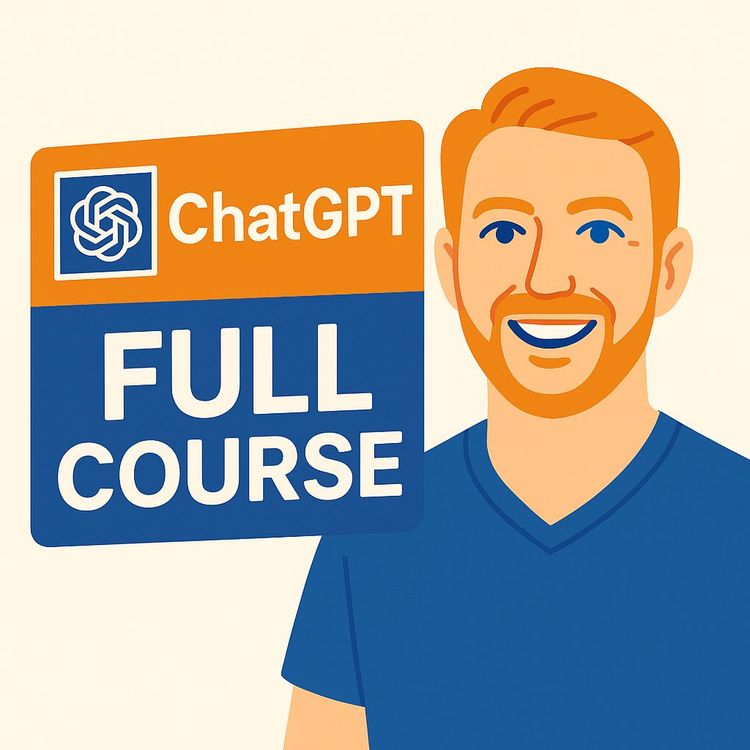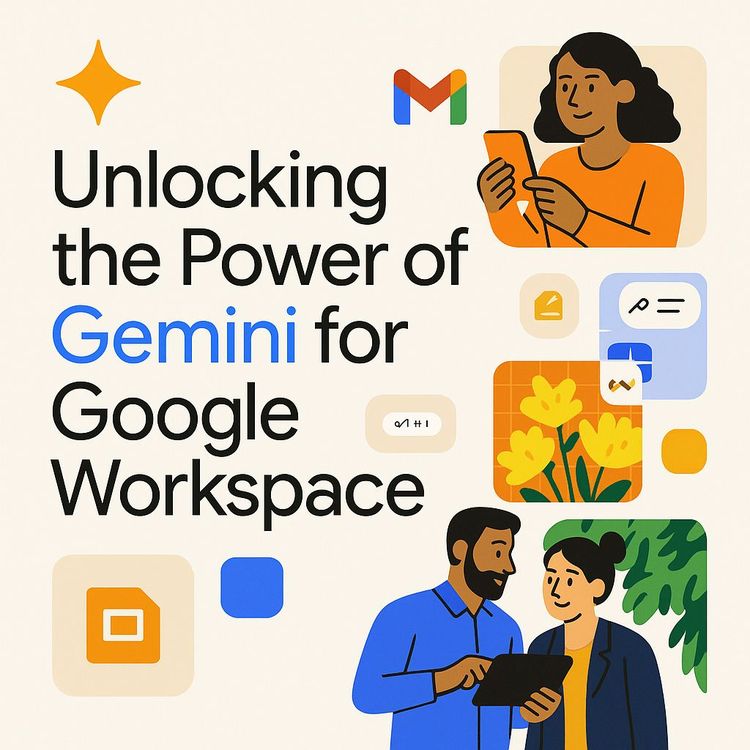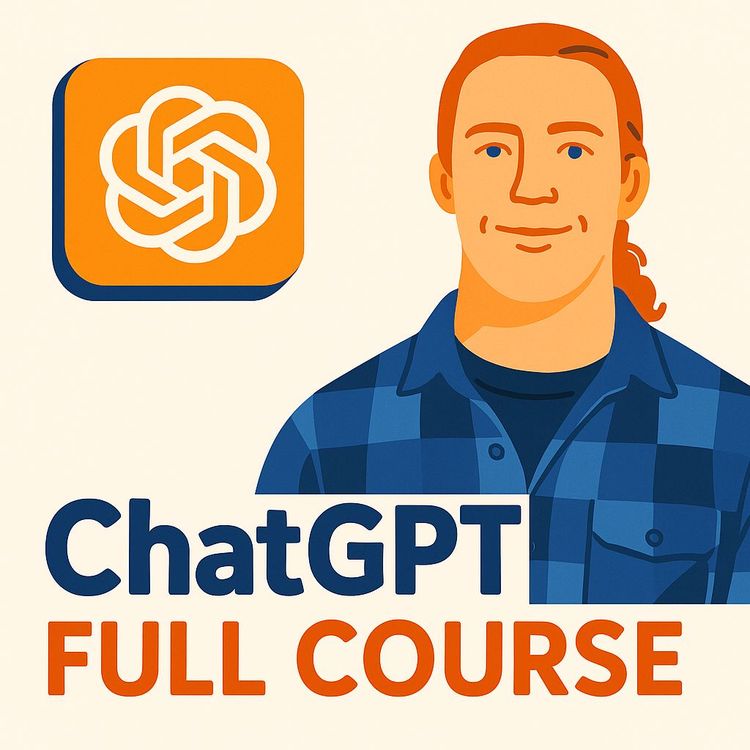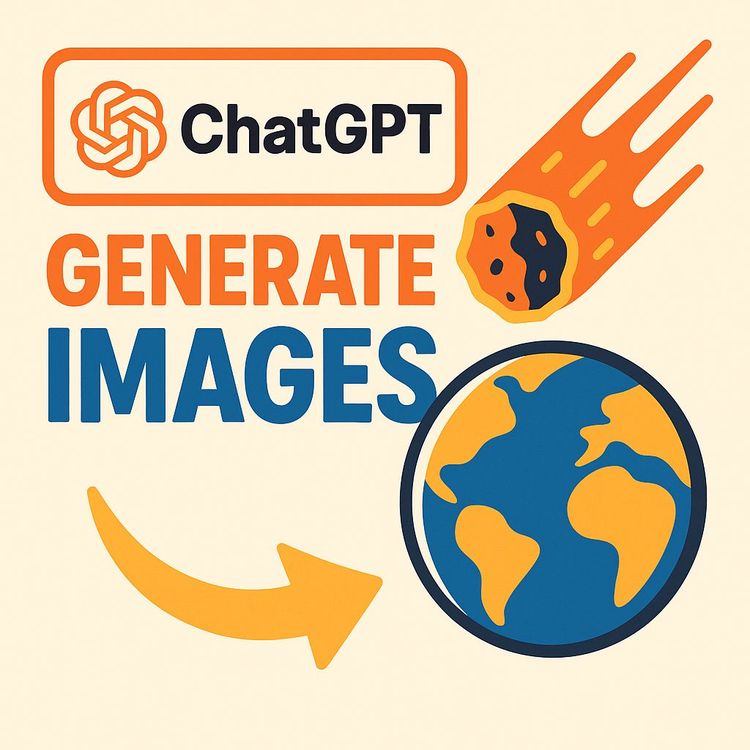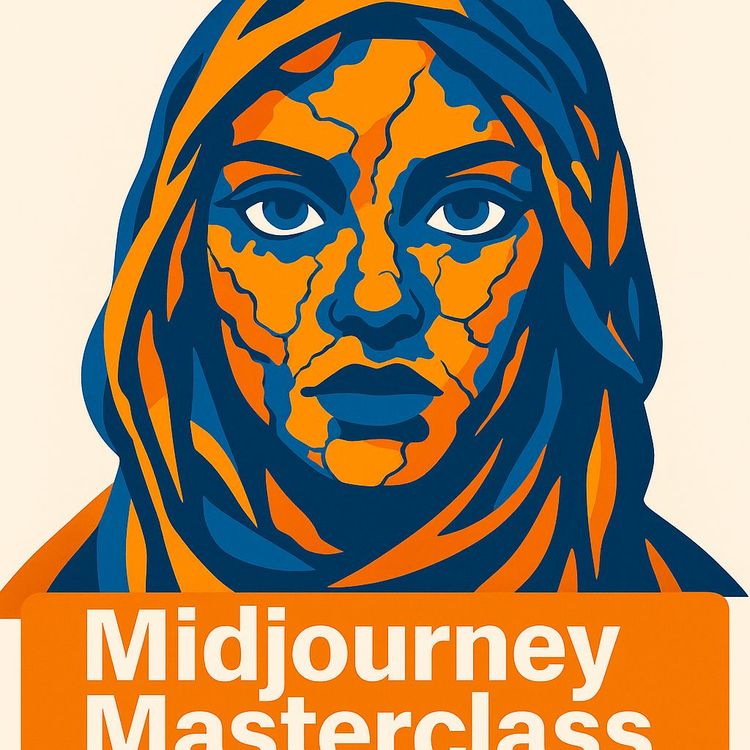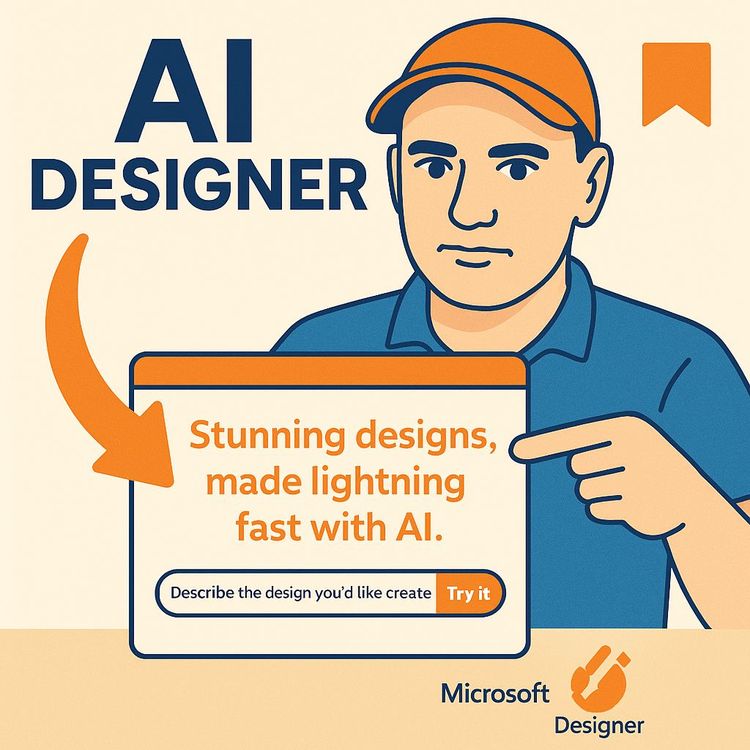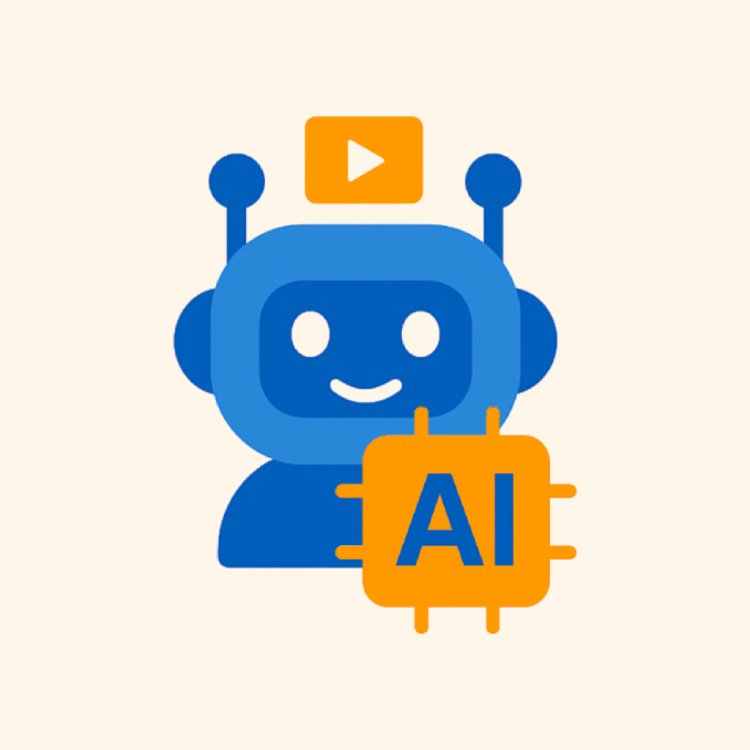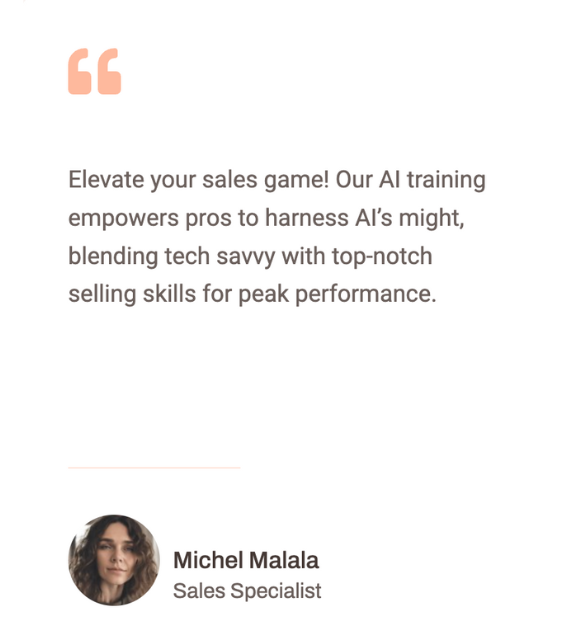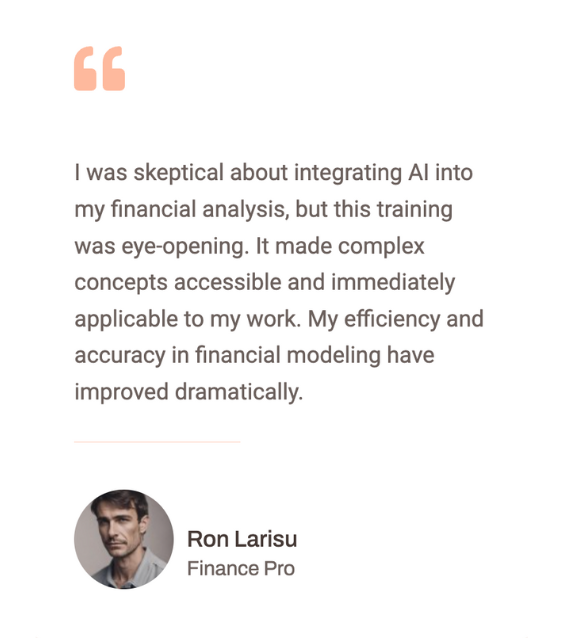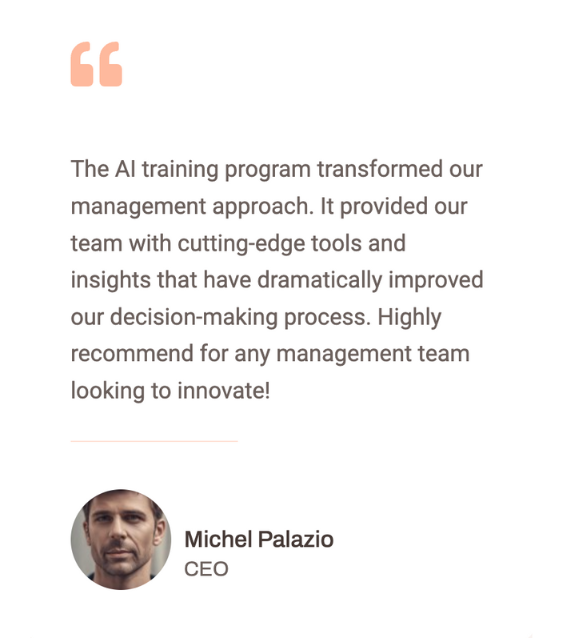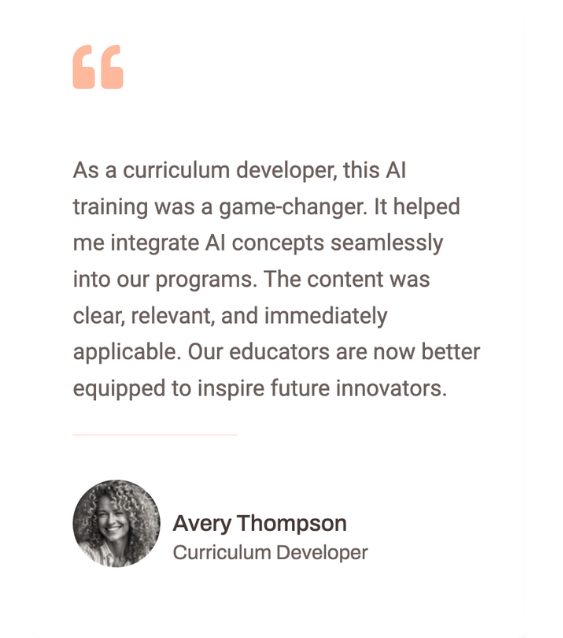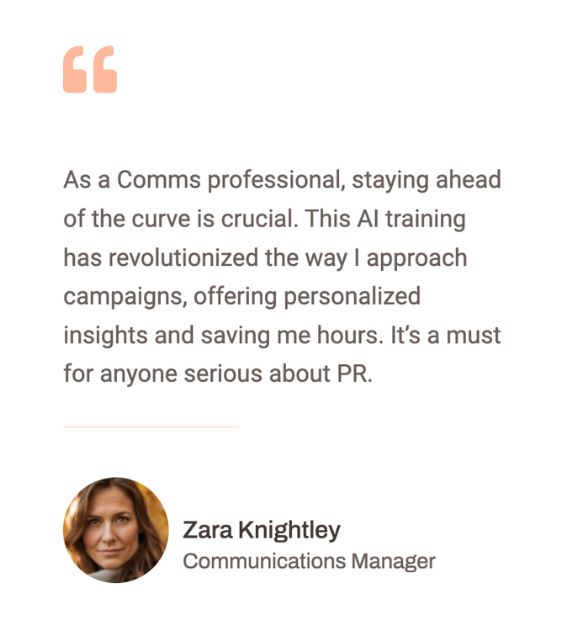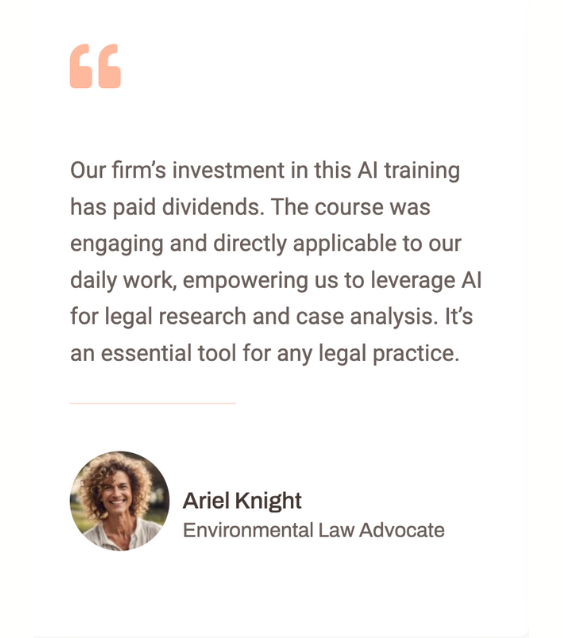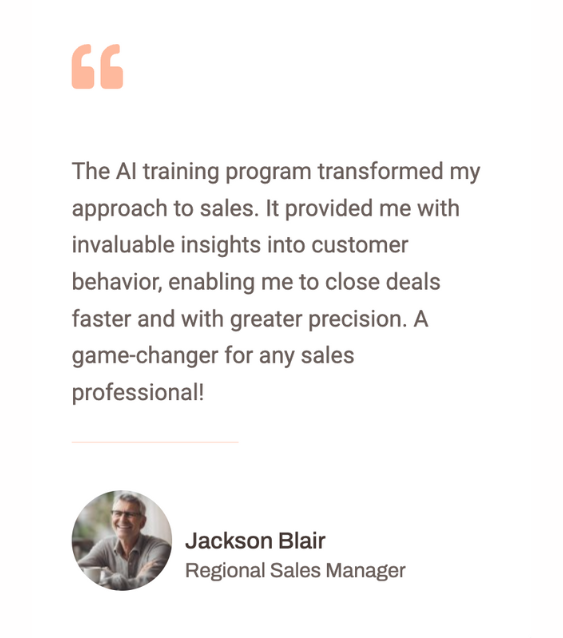Video Course: ChatGPT for Product Management & Innovation - Complete Full Course
Elevate your product management skills with our course on leveraging ChatGPT for innovation. Discover how to harness AI for faster ideation, streamlined tasks, and enhanced customer interactions, while mastering the art of effective human-AI collaboration.
Related Certification: Certification: ChatGPT-Powered Product Management & Innovation Skills

Also includes Access to All:
What You Will Learn
- Apply ChatGPT to generate and refine product ideas
- Use ChatGPT for customer research and sentiment analysis
- Automate product documentation and release notes
- Integrate ChatGPT into roadmapping, testing, and QA workflows
- Identify and mitigate bias, privacy, and ethical risks
Study Guide
Introduction: The Power of ChatGPT in Product Management & Innovation
This video course is designed to take you from zero to expert in leveraging ChatGPT for product management and innovation.
In product management, the ability to swiftly and intelligently adapt is crucial. AI tools, particularly ChatGPT, have emerged as indispensable resources. They help product managers ideate faster, streamline tasks, enhance customer interactions, and foster unprecedented innovation. This course covers the fundamental aspects of ChatGPT, explores its vast capabilities, and provides practical guidance on how to implement it effectively at every stage of the product lifecycle.
Understanding ChatGPT and Its Capabilities
ChatGPT is a powerful AI chatbot created by OpenAI.
Built upon advanced Transformer networks, it generates human-like text, assists with programming, summarises extensive data, and translates between multiple languages.
Practical applications:
- Generating clear product descriptions and marketing copy.
- Producing consistent, high-quality documentation quickly.
Best practices:
- Craft precise prompts to achieve the best outcomes.
- Regularly refine ChatGPT responses with human input for improved results.
Recognising the Limitations of ChatGPT
Despite its capabilities, ChatGPT isn't perfect.
It may produce biased or inaccurate outputs due to limitations in training data. It also lacks real-time information and has restricted understanding of complex contexts.
Practical considerations:
- Always verify critical information generated by ChatGPT.
- Supplement AI-generated insights with human analysis to avoid misinterpretations.
Best practices:
- Proactively identify potential biases and correct them promptly.
- Set clear boundaries on ChatGPT’s roles in your processes.
Integrating ChatGPT in Product Ideation and Innovation
ChatGPT significantly enhances the ideation phase.
It generates new product ideas, facilitates brainstorming, and evaluates feasibility based on market trends, customer feedback, and industry insights.
Practical examples:
- Prompt ChatGPT: "Suggest innovative mobile app features for improving mental health awareness among teenagers."
- Utilise ChatGPT to apply the SCAMPER technique for exploring product enhancements.
Best practices:
- Combine human intuition with AI-generated ideas for maximum innovation.
- Regularly refine concepts through iterative testing and feedback loops.
Using ChatGPT for Customer Research and Insights
Understanding customers deeply enhances product success.
ChatGPT analyses customer feedback from social media, surveys, and reviews to identify sentiment, market trends, and new product opportunities.
Practical applications:
- Analyse social media feedback to identify common customer complaints about competitor products.
- Generate tailored market research reports highlighting emerging consumer preferences.
Best practices:
- Regularly cross-check AI-driven insights with human expertise for accuracy.
- Utilise ChatGPT’s sentiment analysis to proactively manage customer relationships.
Enhancing Product Roadmapping with ChatGPT
ChatGPT helps create strategic, clear product roadmaps.
It supports prioritising features based on customer demand, competitor analysis, and market conditions.
Practical examples:
- Generate visual roadmaps highlighting key milestones.
- Use ChatGPT to automate updates to the roadmap based on real-time market shifts.
Best practices:
- Foster collaborative roadmap discussions using AI-driven suggestions.
- Regularly align roadmaps with strategic business goals using ChatGPT’s analytical capabilities.
Automating Product Documentation
ChatGPT streamlines creating clear, consistent documentation.
It generates comprehensive user manuals, product specifications, and API documents, significantly reducing manual effort.
Practical applications:
- Quickly produce comprehensive release notes and user guides.
- Maintain consistent documentation standards across teams.
Best practices:
- Regularly audit generated documentation for accuracy.
- Integrate ChatGPT outputs seamlessly into your documentation workflow.
ChatGPT for Product Testing and Quality Assurance (QA)
Product testing is accelerated with ChatGPT’s automation capabilities.
It identifies common issues through feedback analysis and automates repetitive test cases like UI validation.
Practical examples:
- Automate user interface testing scenarios for new app features.
- Use ChatGPT to analyse and categorise bugs from user-submitted reports.
Best practices:
- Integrate ChatGPT insights into continuous integration/continuous deployment (CI/CD) systems.
- Pair automated testing with human oversight for comprehensive coverage.
Improving Product Communication
Clear communication accelerates product development and customer satisfaction.
ChatGPT enhances internal team interactions, stakeholder presentations, and external communications like marketing and customer support.
Practical examples:
- Automate drafting clear, concise emails to stakeholders.
- Quickly create engaging marketing materials tailored to specific demographics.
Best practices:
- Customise ChatGPT-generated communications with human refinements.
- Regularly train product teams on effective ChatGPT usage for communication.
Ethical Considerations with ChatGPT
Responsible use of ChatGPT is critical.
Be vigilant about data privacy, bias, and accuracy, and ensure transparency and accountability in AI-driven decisions.
Practical strategies:
- Implement strict data security measures like encryption and anonymisation.
- Regularly audit AI systems for biases and inaccuracies.
Best practices:
- Establish clear ethical guidelines for AI integration.
- Foster a culture of ethical awareness through continuous training.
Upskilling Product Managers for AI Integration
Product managers must be proficient in AI literacy.
Continuous learning and mastering AI tools ensure sustained competitiveness and effective collaboration with AI experts.
Practical examples:
- Conduct regular AI literacy workshops for your product team.
- Encourage product managers to collaborate closely with data scientists.
Best practices:
- Implement structured learning paths for ongoing professional development.
- Foster collaborative learning environments to maximise AI benefits.
Human-AI Collaboration
AI complements human capabilities, driving innovation.
Effective collaboration leverages human creativity and AI’s processing power, enhancing problem-solving and innovation potential.
Practical applications:
- Combine human insights and ChatGPT-generated market analyses to refine product strategies.
- Foster collaborative ideation sessions using AI-driven brainstorming tools.
Best practices:
- Clearly define roles and expectations for human-AI collaboration.
- Encourage transparency and trust-building between teams and AI solutions.
Conclusion: Mastering ChatGPT for Product Management and Innovation
You've now gained extensive knowledge on integrating ChatGPT effectively into product management and innovation. Mastery of these skills enables you to ideate efficiently, optimise product strategies, enhance customer experiences, and remain ethically responsible. Thoughtfully applying these capabilities ensures you continually innovate and lead in your domain.
Your success lies in combining human ingenuity with AI’s unmatched processing capabilities, unlocking immense potential for your products and career.
Podcast
There'll soon be a podcast available for this course.
Frequently Asked Questions
Welcome to the FAQ section for the 'Video Course: ChatGPT for Product Management & Innovation 2hr Complete Full Course'. This section is designed to provide clear and concise answers to common questions regarding the course content, practical applications of ChatGPT in product management, and the broader implications of AI in this field. Whether you're new to AI or looking to deepen your understanding, this FAQ aims to address your queries and guide you through the integration of AI into product management and innovation.
What is ChatGPT and what are its core capabilities?
ChatGPT is an advanced AI chatbot developed by OpenAI, leveraging large language models (LLMs) to generate human-like text. Its core capabilities include language generation for creating content like articles and emails, code generation for assisting developers, summarisation of lengthy texts, and translation between languages. These features make it a versatile tool for various applications in product management.
What are the limitations of ChatGPT?
Despite its strengths, ChatGPT has limitations such as bias and accuracy issues due to training data, a lack of real-time information as it only knows data up to its last update, and limited contextual understanding which can lead to misinterpretations. Additionally, it may produce formulaic and predictable responses, lacking the depth of human creativity.
How is AI revolutionising product management?
AI is transforming product management by enabling data-driven decision-making, automating repetitive tasks to free up time for strategic activities, and creating personalised user experiences. These advancements streamline the product development lifecycle and enhance efficiency and innovation.
How can ChatGPT be used for product ideation and innovation?
ChatGPT aids in product ideation by generating new ideas based on market trends and customer needs. It acts as a brainstorming partner, helping explore concepts and prioritise ideas. Techniques like word association and mind mapping can be employed to leverage ChatGPT’s vast knowledge base for inspiration and uncover hidden connections.
How does ChatGPT assist in customer research and insights?
ChatGPT can analyse customer sentiment from surveys and social media, identify market trends, and generate targeted content. This allows product managers to understand customer needs better and create personalised interactions, enhancing the overall customer experience.
What role does ChatGPT play in product roadmapping?
ChatGPT assists in strategic planning by visualising roadmaps, fostering team alignment, and providing data-driven insights for roadmap adjustments. This ensures that product development efforts are aligned with business goals and market demands.
How can ChatGPT automate product documentation?
ChatGPT streamlines documentation by generating consistent and clear specifications, providing a centralised source of information, and ensuring documentation is updated as the product evolves. This enhances team collaboration and reduces the time spent on manual documentation tasks.
How does ChatGPT enhance product testing and quality assurance?
ChatGPT can automate repetitive test cases and analyse user feedback to identify common issues. It assists in creating and updating test plans, enhancing the efficiency of quality assurance processes and ensuring higher product quality.
How does ChatGPT improve product communication?
ChatGPT enhances communication by automating feedback loops, creating clear documentation, and assisting in presentations and emails. This improves collaboration within teams and with external stakeholders, ensuring everyone is aligned and informed.
What are the ethical considerations when using ChatGPT in product management?
Key ethical considerations include addressing bias and accuracy in AI outputs, ensuring data privacy and security, and promoting responsible and ethical use of AI. Product managers need to implement safeguards to mitigate these risks and ensure fair and transparent AI applications.
Why is it important for product managers to upskill for the AI era?
As AI continues to evolve, product managers must embrace continuous learning to understand AI concepts and tools. Developing AI literacy and collaborating with AI experts are crucial for making informed decisions and effectively integrating AI into product strategies.
What are the benefits of human-AI collaboration in product management?
Human-AI collaboration combines human creativity and intuition with AI’s speed and data processing power, leading to more innovative and effective product development. Building trust and clear communication are essential for leveraging the strengths of both humans and AI.
How can the impact of AI in product management be measured?
The impact of AI can be measured using metrics like customer satisfaction, which indicates how well AI-powered features meet user needs, and efficiency gains, which measure the time and effort saved by automating tasks or providing quicker insights.
How can product managers stay ahead of AI innovations?
Product managers can stay ahead by engaging in continuous learning, attending workshops and conferences, networking with AI developers, and monitoring emerging technologies. This proactive approach ensures they remain informed about the latest AI advancements and trends.
How can ChatGPT be integrated into the product tech stack?
ChatGPT can be integrated into various tools and processes, such as product roadmapping, customer research, and product analytics. Its capabilities enhance existing workflows, providing valuable insights and automating tasks to improve efficiency.
How can biases and limitations of language models like ChatGPT be addressed?
To overcome biases, it's essential to use diverse training data, implement bias detection techniques, and regularly monitor AI outputs. Understanding the limitations of generative capabilities and prioritising ethical and responsible AI use are crucial for innovation.
How can AI-assisted product concepts be validated and tested?
AI-assisted concepts should undergo rigorous validation through user testing, prototyping, and market research. Gathering feedback and iterating on ideas ensures that AI-generated concepts are feasible and aligned with market needs.
How can ChatGPT be leveraged for market research and customer insights?
ChatGPT can perform sentiment analysis, conduct targeted research, and personalise customer interactions. It provides competitive analysis and identifies emerging trends, enabling product managers to make informed decisions based on comprehensive market insights.
How does OpenAI ensure data privacy and security with ChatGPT?
OpenAI prioritises data security through measures like data encryption, secure storage, and user authentication. Transparency and user control are emphasised to protect sensitive user data and maintain trust in AI applications.
What considerations are involved in scaling ChatGPT for enterprise development?
Scaling ChatGPT requires a robust infrastructure, managing user access, and integrating with existing systems. Enterprise-grade security and compliance are essential to ensure data privacy and seamless integration across the organisation.
How can ChatGPT-powered products be continuously improved?
Continuous improvement involves gathering user feedback, iterating on features, and monitoring performance. Adapting to evolving needs and leveraging data-driven insights ensure that AI-powered products remain effective and relevant.
How can product teams be upskilled to leverage ChatGPT effectively?
Upskilling involves providing training, practical application opportunities, mentorship, and support. Familiarity with AI tools and concepts is crucial for product teams to effectively integrate ChatGPT into their workflows and maximise its potential.
How does AI-driven market research differ from traditional methods?
AI-driven market research can analyse vast datasets in real-time, identify patterns and trends, and perform sentiment analysis at scale. This provides deeper insights and more accurate predictions compared to traditional manual methods, enhancing strategic decision-making.
What are the ethical implications of AI in product management?
Ethical implications include ensuring fairness, transparency, and accountability in AI-driven decision-making. Product teams must address bias, data privacy, and the potential for misuse to foster responsible and ethical AI integration in product management.
What does the future hold for AI in product management?
The future of AI in product management involves increasing integration into workflows, enhancing collaboration between AI and humans, and fostering continuous innovation. Product managers must adapt to these changes to remain competitive and leverage AI’s full potential.
Certification
About the Certification
Show the world you have AI skills—this certification proves your expertise in leveraging ChatGPT to drive product management and innovation, giving you a competitive edge and fresh approaches to real-world challenges.
Official Certification
Upon successful completion of the "Certification: ChatGPT-Powered Product Management & Innovation Skills", you will receive a verifiable digital certificate. This certificate demonstrates your expertise in the subject matter covered in this course.
Benefits of Certification
- Enhance your professional credibility and stand out in the job market.
- Validate your skills and knowledge in cutting-edge AI technologies.
- Unlock new career opportunities in the rapidly growing AI field.
- Share your achievement on your resume, LinkedIn, and other professional platforms.
How to complete your certification successfully?
To earn your certification, you’ll need to complete all video lessons, study the guide carefully, and review the FAQ. After that, you’ll be prepared to pass the certification requirements.
Join 20,000+ Professionals, Using AI to transform their Careers
Join professionals who didn’t just adapt, they thrived. You can too, with AI training designed for your job.

